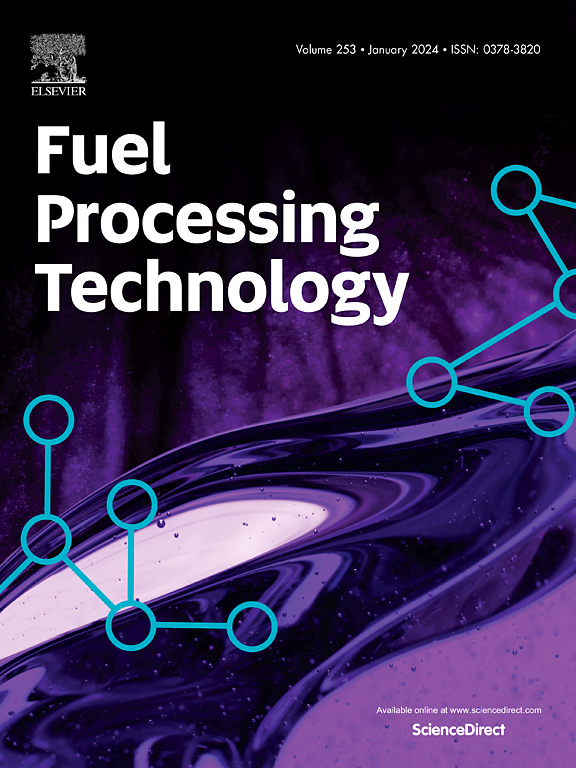Progress in heterogeneous catalysis for renewable energy and petrochemical production from biomass
IF 7.7
2区 工程技术
Q1 CHEMISTRY, APPLIED
引用次数: 0
Abstract
Historically, catalytic advances often occurred during events such as wars or embargoes. However, research efforts are focused on better understanding catalytic processes, minimising feedstock and process costs, developing new catalytic materials, and addressing environmental concerns. This study provides an overview of the global energy system, which forms the basis for the need for alternative energy sources as a panacea for reducing greenhouse gas emissions and providing clean and affordable energy sources through heterogeneous catalysis. It also discusses the development of numerous heterogeneous catalytic materials and processes, focusing on the catalytic conversion of biomass and its derivatives, particularly into fuel blendstocks and petrochemicals. In this context, the analysis of the techno-economic and environmental impact of the different biomass conversion technologies was emphasised. Despite the numerous catalysts and technologies developed and documented over the last century, catalytic processes still have some drawbacks. This study further examined the challenges and offered technological opportunities for developing catalytic materials and processes. It also provided a framework for advancing clean and affordable energy in the renewable energy sector using catalytic materials.

生物质再生能源和石化生产的多相催化研究进展
从历史上看,催化性进步通常发生在战争或禁运等事件中。然而,研究工作的重点是更好地了解催化过程,最大限度地降低原料和工艺成本,开发新的催化材料,并解决环境问题。这项研究提供了全球能源系统的概述,它形成了替代能源作为减少温室气体排放和通过多相催化提供清洁和负担得起的能源的灵丹妙药的需求的基础。它还讨论了许多多相催化材料和工艺的发展,重点是生物质及其衍生物的催化转化,特别是转化为燃料混合物和石化产品。在这方面,强调了对不同生物质转化技术的技术经济和环境影响的分析。尽管上个世纪出现了许多催化剂和技术,但催化过程仍然存在一些缺陷。本研究进一步探讨了这些挑战,并为开发催化材料和工艺提供了技术机遇。它还为在使用催化材料的可再生能源部门推进清洁和负担得起的能源提供了框架。
本文章由计算机程序翻译,如有差异,请以英文原文为准。
求助全文
约1分钟内获得全文
求助全文
来源期刊

Fuel Processing Technology
工程技术-工程:化工
CiteScore
13.20
自引率
9.30%
发文量
398
审稿时长
26 days
期刊介绍:
Fuel Processing Technology (FPT) deals with the scientific and technological aspects of converting fossil and renewable resources to clean fuels, value-added chemicals, fuel-related advanced carbon materials and by-products. In addition to the traditional non-nuclear fossil fuels, biomass and wastes, papers on the integration of renewables such as solar and wind energy and energy storage into the fuel processing processes, as well as papers on the production and conversion of non-carbon-containing fuels such as hydrogen and ammonia, are also welcome. While chemical conversion is emphasized, papers on advanced physical conversion processes are also considered for publication in FPT. Papers on the fundamental aspects of fuel structure and properties will also be considered.
 求助内容:
求助内容: 应助结果提醒方式:
应助结果提醒方式:


